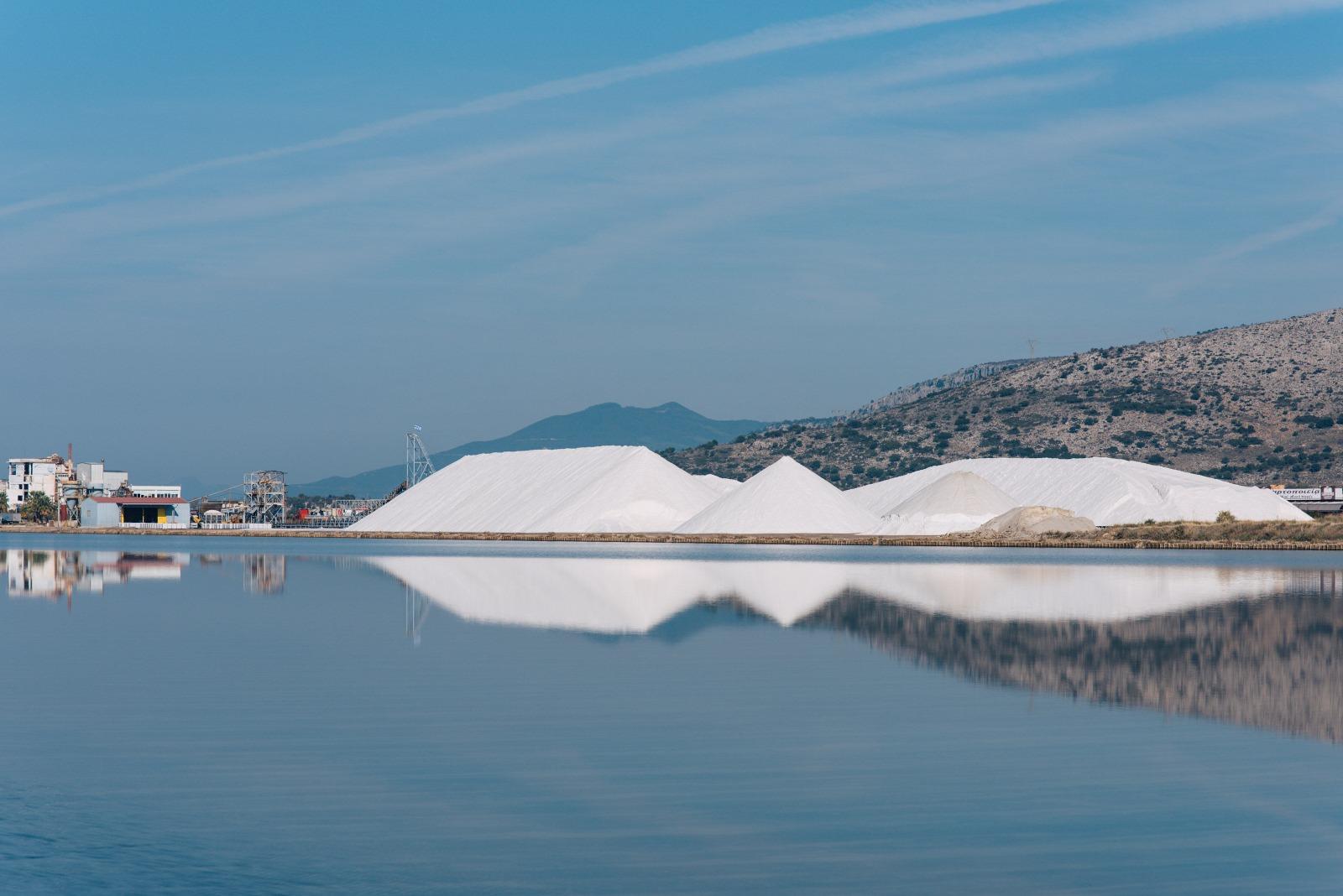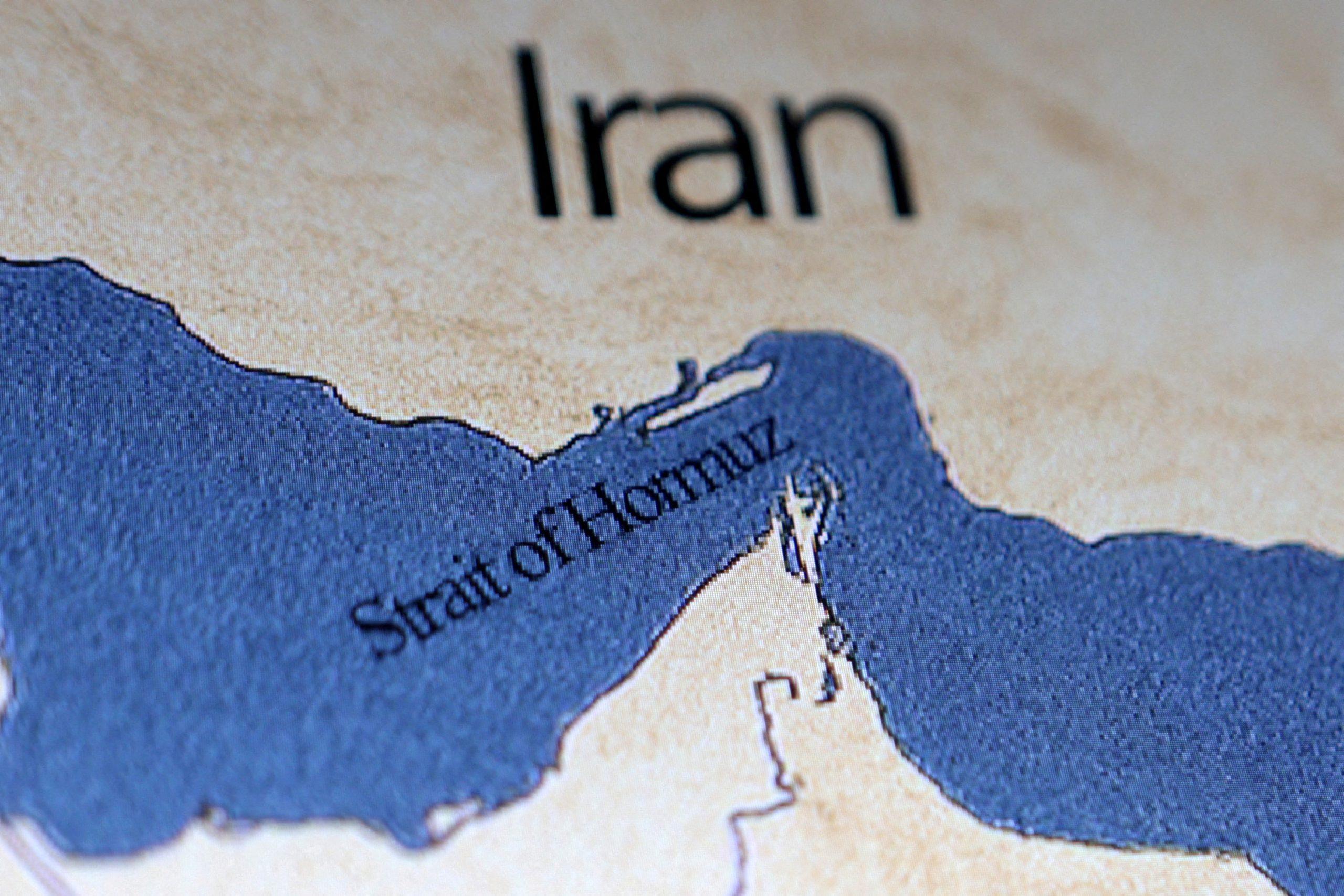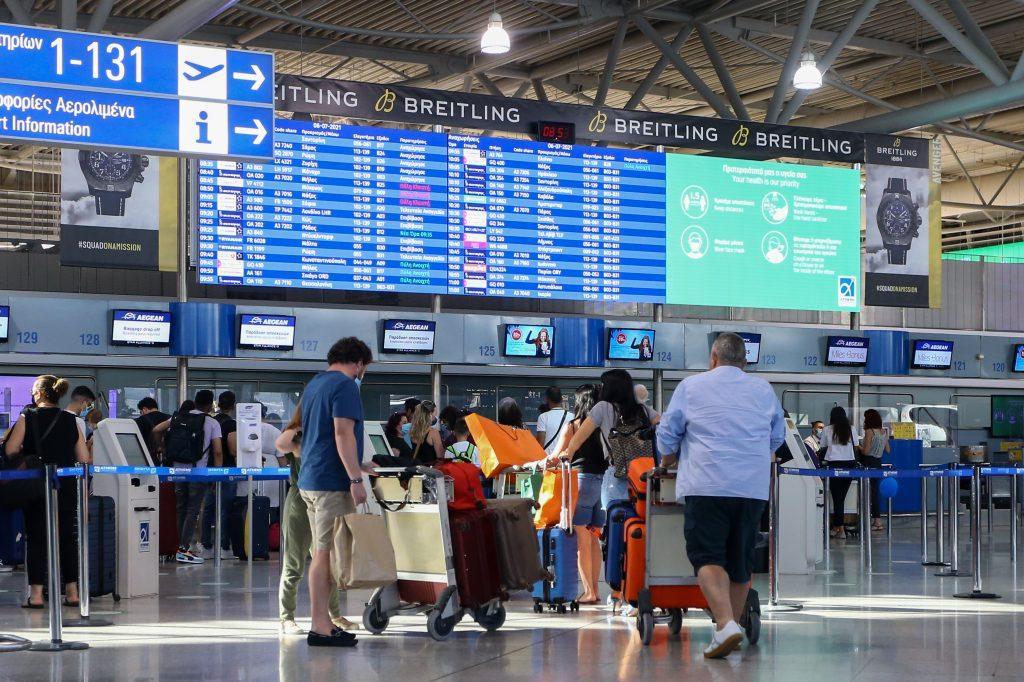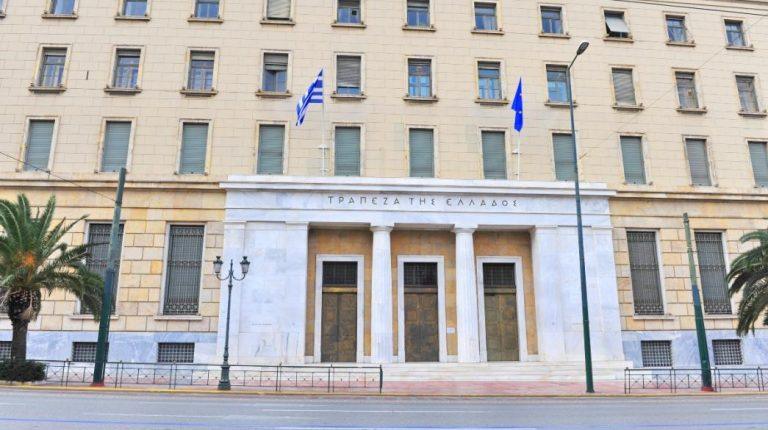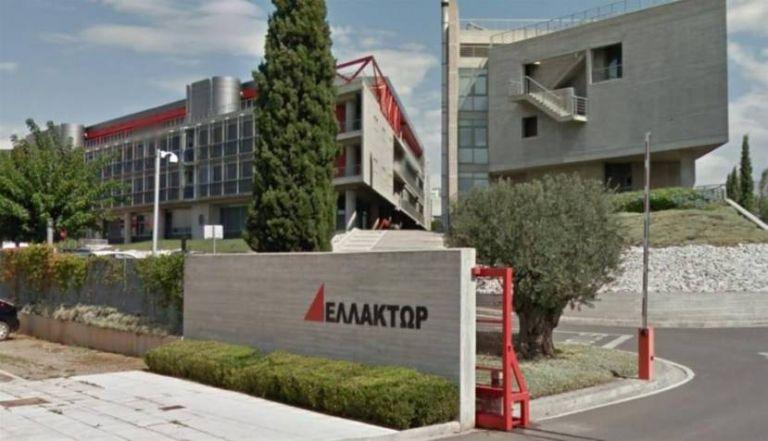Tourism in Greece is shifting, with more visitors choosing local home stays over traditional all-inclusive hotels. This trend is not only changing travel habits but also redirecting economic benefits into local communities.
From Resorts to Neighborhoods: Where the Money Goes
Unlike all-inclusive resorts—where the bulk of travelers’ spending remains within the hotel complex—those choosing short-term rental (STR) accommodations tend to distribute their money more widely in the local community. This has led to notable ripples in the market, even sparking political debate.
According to a study by Oxford Economics commissioned by Airbnb, 21% of total spending by STR travelers in Europe goes directly to local, often small businesses such as bakeries, tavernas, and grocery stores. In total, 65% of STR visitor expenditure takes place outside of the accommodation itself.
Industry experts stress that the sharing economy doesn’t replace hotels but rather complements them, widening the reach of tourism spending. It’s a model that allows, for example, a neighborhood bakery to operate year-round thanks to the steady presence of tourists.
Indeed, data from the Bank of Greece show that travel receipts for the first five months of 2025 rose by 10.4% compared to the same period last year, reaching €4.35 billion. In Athens specifically, a recent study by the Greek Tourism Confederation (INSETE) found that visitors staying in STRs spend more each day in restaurants and shops than those staying in organized tourist facilities.
Housing Market Concerns
The rise of short-term rentals in Greece has sparked controversy, with critics blaming them for rising rents and reduced long-term housing.
But a recent study from the Athens University of Economics and Business finds the impact to be limited and concentrated in tourist hotspots. It points instead to poor housing policy and low construction rates as key issues.
AirDNA data backs this up, showing most STR owners have just one or two properties, earning under 700 euros a month.
The Real Issue: Lack of Regulation
There is growing consensus among stakeholders that the issue isn’t short-term rentals themselves, but the absence of clear regulation. Instead of blanket bans, experts advocate for transparency and proper registration to ensure STRs support sustainable growth without pushing out locals.
Source: tovima.com



